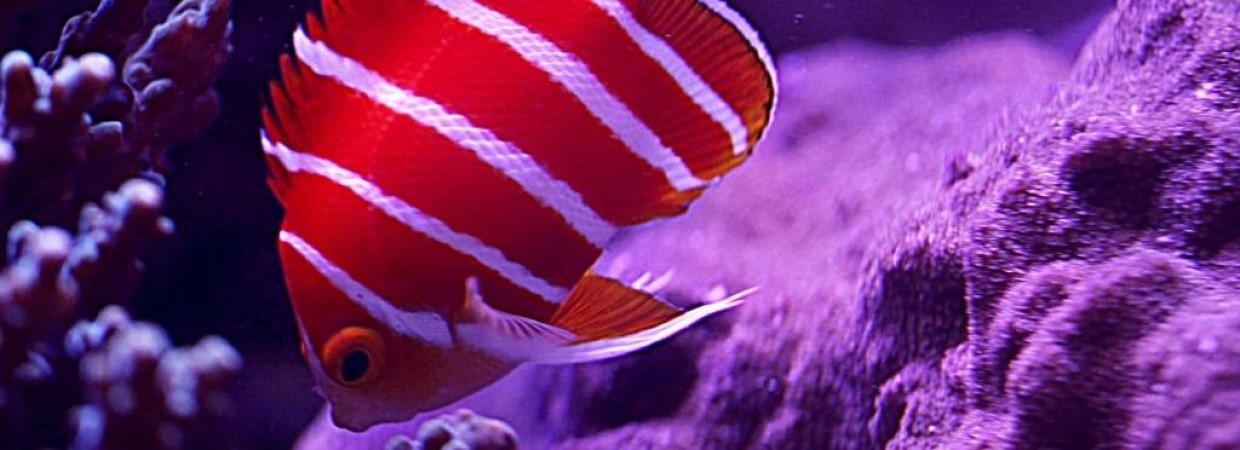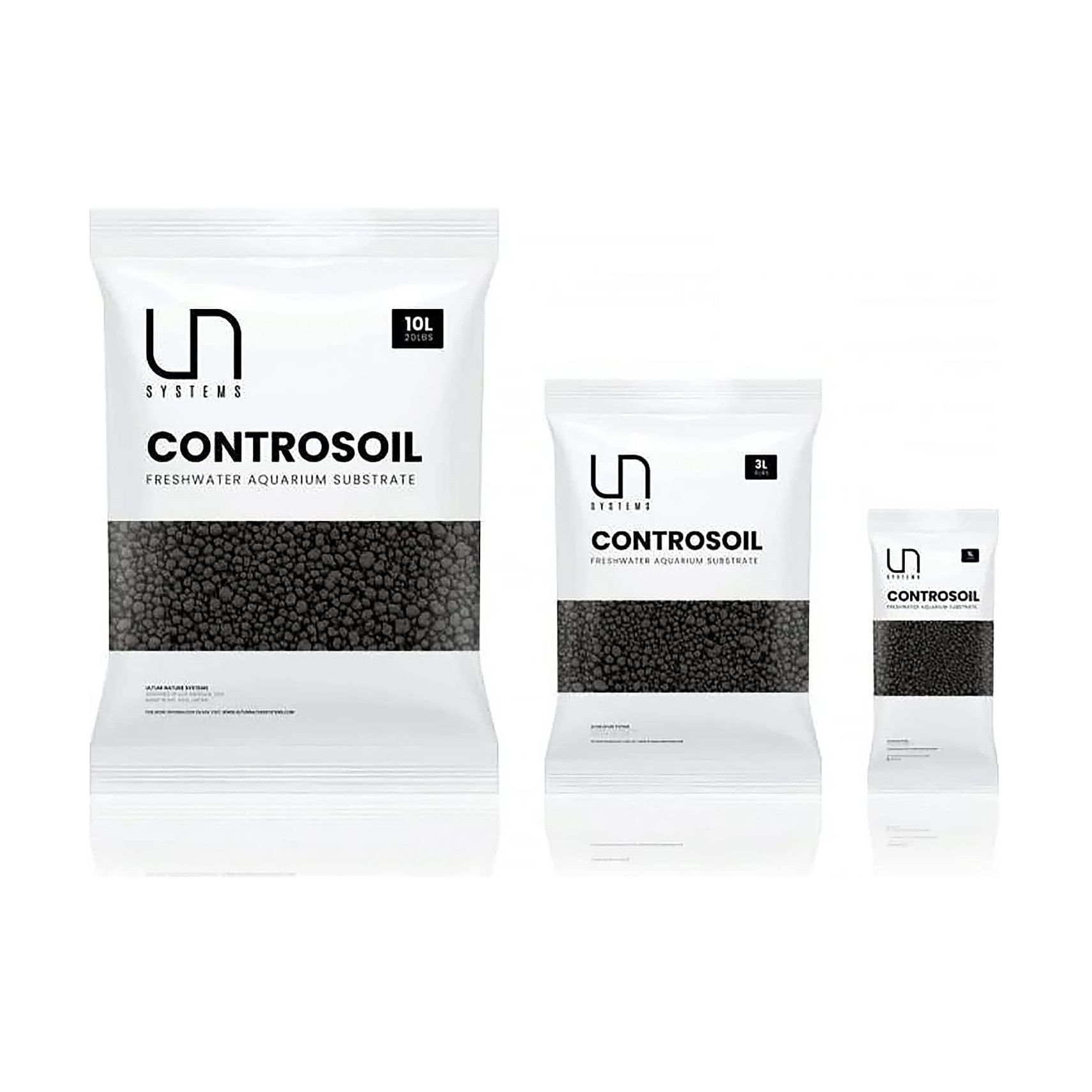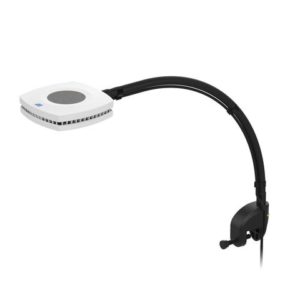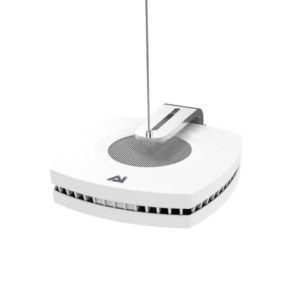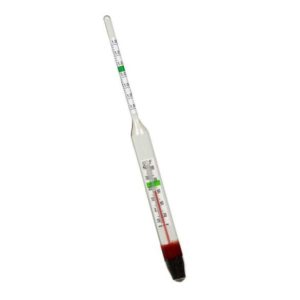Description
UNS Controsoil is an aquarium soil from Japan made of high quality natural soil and volcanic ash. Proper substrate is vital for any successful aquarium, not only for the plants to flourish but also to buffer the water to optimum levels for certain fish and shrimp. Controsoil will keep the pH of alkaline water below 7 which is ideal for keeping Caridina shrimp and most tropical fish.
With other soil, it is common to experience algae issues during the initial month or two of a new set up. This, “new tank syndrome” is characterized by brown or green algae on the glass, plants and hard scape as well as cloudy or smelly water. This is caused by high levels of ammonia (NH3) which many soil manufacturers add into their products. Although the ammonia will help cycle the tank, too much can cause problems so it is necessary for users to do daily water changes during the first few weeks of use. Controsoil is the perfect solution for those who want good plant growth without the headache of excessive ammonia. Many users have reported success with using Controsoil and adding shrimp or fish within 24 hours of a new set up, but we always recommend cycling the tank first and making sure ammonia and nitrites are at 0.
How much soil do I need?
Length x Width x Desired Substrate Height (in inches)
Divided by 60
= Liters of soil needed
Specifications:
Medium Granules ~ 5mm
Good for larger tanks (20 gallons or above) with larger plants.
Fine Granules ~ 3mm
Perfect for smaller tanks (Less than 20 Gallons), or to use as a top coat to place on top of medium granules. Finer soil granules help small plant roots to anchor into the substrate easier and keep from floating.
Extra Fine Granules ~ 1mm
Perfect for smaller tanks (Less than 20 Gallons), or to use as a top coat to place on top of medium and fine granules. Finer soil granules help small plant roots to anchor into the substrate easier and keep from floating.

